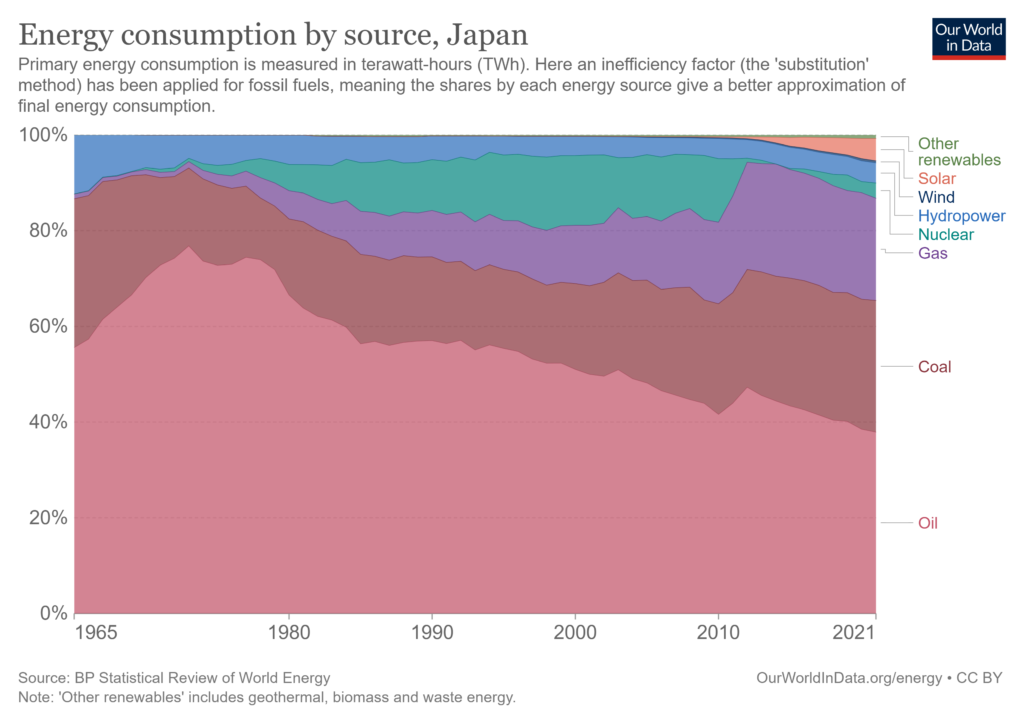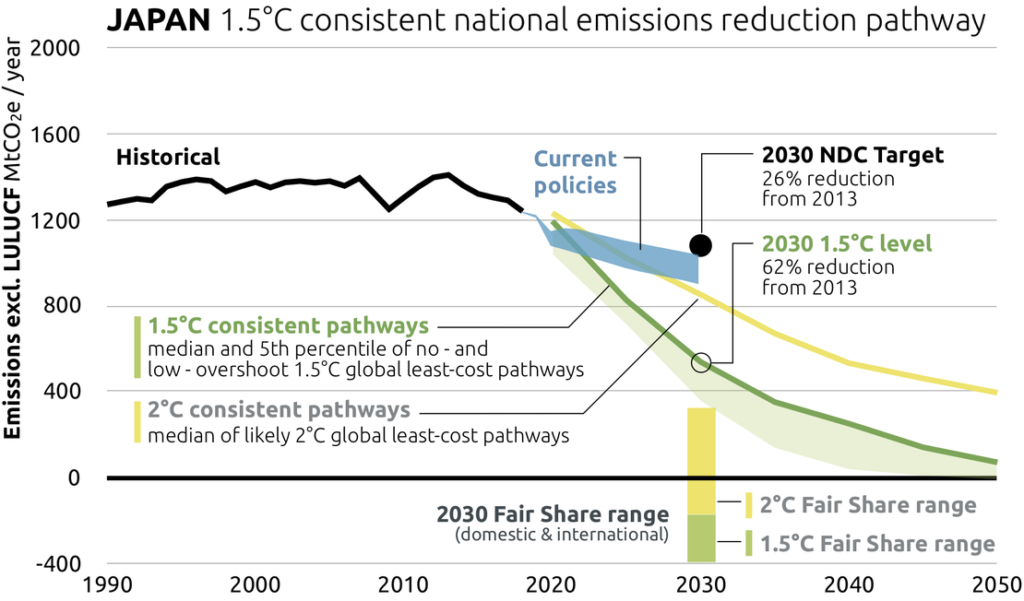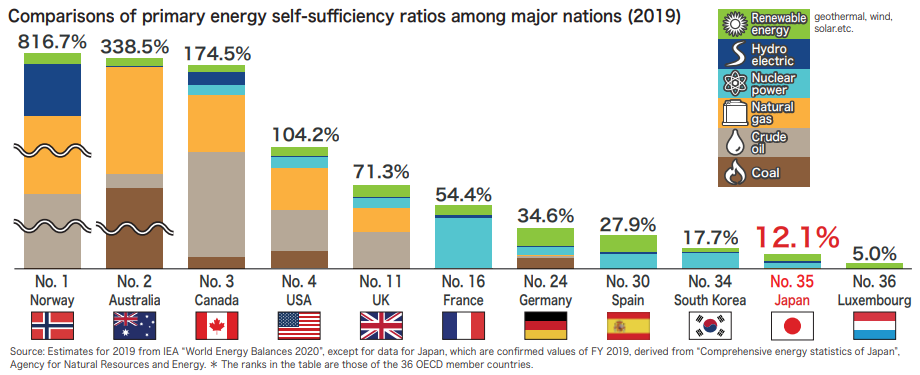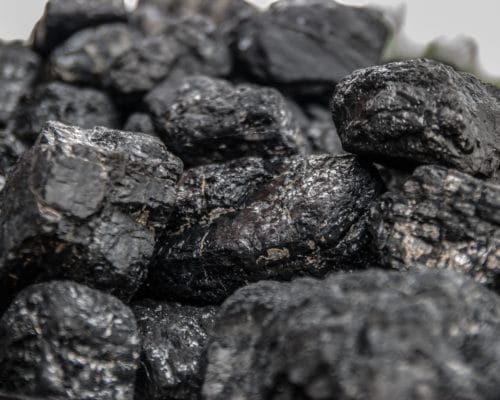Does Japan Care About the Environment
Flooding in Japan from Typhoon Hagibis. Kathy Matsunami / Shutterstock.com
12 June 2024 – by Eric Koons Comments (0)
Does Japan care about the environment? Japan’s environmental record is under scrutiny. With the climate being a ubiquitous talking point among the world’s most powerful economies, Japan’s energy mix and current climate targets do not align.
As of 2021, Japan sourced roughly 10% of its energy from renewables. The remaining 87% was from fossil fuels, and the rest was from nuclear power. Japan’s energy mix is seeing oil lose its grip, but natural gas and coal are increasing their share. This is keeping Japan’s reliance on fossil fuels alive.
With the latest Intergovernmental Panel on Climate Change (IPCC) report calling for very rapid decarbonisation by 2035, many major emitters, like Japan, are at odds with the recommendations from international scientists.
Is Japan an Environmentally Friendly Country?
Japan has taken significant steps in becoming an environmentally friendly country. With its advanced technology and innovative infrastructure, Japan has implemented various initiatives to reduce carbon emissions and promote sustainability. But it is also promoting fossil fuels and solutions like ammonia coal co-firing, which raises the question. Japan’s efforts to become an eco-friendly country are also not sufficient.
Insufficient Efforts to Reduce Greenhouse Gas Emissions
Despite efforts to reach carbon neutrality, Japan’s decarbonisation efforts are still rated as “insufficient” by Climate Action Tracker (CAT). Japan’s over-reliance on fossil fuels is on par with most of Asia. Meanwhile, electrification, increasing power demand and cheap fossil fuels have driven coal, oil and natural gas use in the region.

However, Japan is the third-largest economy in the world and afford to participate in decarbonisation efforts. This contrasts with developing nations in the region that have major financial and infrastructural roadblocks to decarbonisation as their economies mature.
“Japan needs to further accelerate its low-carbon transition, particularly as a member of the G7 group, which recently committed in June 2022 to achieve fully or predominantly decarbonised electricity by 2035 and to end fossil fuel subsidies by 2025,” notes CAT.
Japan’s Current Decarbonisation Targets
Japan’s goal is a 46% emissions reduction by 2030 below 2013 levels. This is progress compared to the previous goal of a 26% reduction. However, it still falls short of the country’s fair share target of a 60% reduction.
As pressure mounts for more action on the environmental initiatives, the decarbonisation of major economies and investment in low-carbon alternatives is paramount. Japanese government must shift its perspectives from short-term profits to the long-term viability of its citizens, its economy and the world.
If the country continues to shuffle towards lacklustre climate and environmental protection goals, there is little hope of limiting global temperature increases to just the 1.5-2°C range that scientists and activists are pushing for.

What Are Japan’s Environmental Concerns?
Briefly putting climate aside, Japan has also recently experienced several major environmental challenges. This has put the nation in the sights of protestors, other countries and even the International Court of Justice (ICJ).
As one of the last countries to maintain a whaling fleet, Japan is a target for organisations seeking to stop the practice. Meanwhile, its non-compliance with Australian waters in Antarctica also meant that a case was brought against the country at the ICJ.
The Fukushima Disaster Grew Fossil Fuel Reliance
The Fukushima nuclear disaster highlighted one of the issues with nuclear power. The area surrounding the power plant is still off-limits. However, the country is considering releasing the nuclear-contaminated wastewater into the Pacific Ocean. The disaster has also caused cooled interest in the nuclear sector. This led to the importing of more fossil fuels to fill the energy supply gap.
The country is in an energy crisis due to increasing price volatility in the fossil fuel market. Over a decade later, there is a newfound interest in nuclear. However, it will take time to implement and will likely take away from renewable energy investment.

Japan Is Vulnerable to Climate Impacts
However, these environmental issues pale against what could happen to Japan if current climate action models remain the same.
As the CMCC Foundation explains, “The science shows that Japan will experience worsening climate impacts if it follows a high-emissions pathway.” It adds that heatwaves will last more than fifteen times longer, with agricultural droughts lasting 22% longer – causing damage to Japan’s rice export industry.
“The combination of sea level rise, coastal erosion and fiercer weather will cause chaos for Japan’s economy, which stands to lose around 3.72% of GDP by 2050 – with EUR 404 billion in coastal infrastructure damages by 2050 alone,” says the organisation.
by Eric Koons
Eric is a passionate environmental advocate that believes renewable energy is a key piece in meeting the world’s growing energy demands. He received an environmental science degree from the University of California and has worked to promote environmentally and socially sustainable practices since. Eric’s expertise extends across the environmental field, yet he maintains a strong focus on renewable energy. His work has been featured by leading environmental organizations, such as World Resources Institute and Hitachi ABB Power Grids.
Read more







